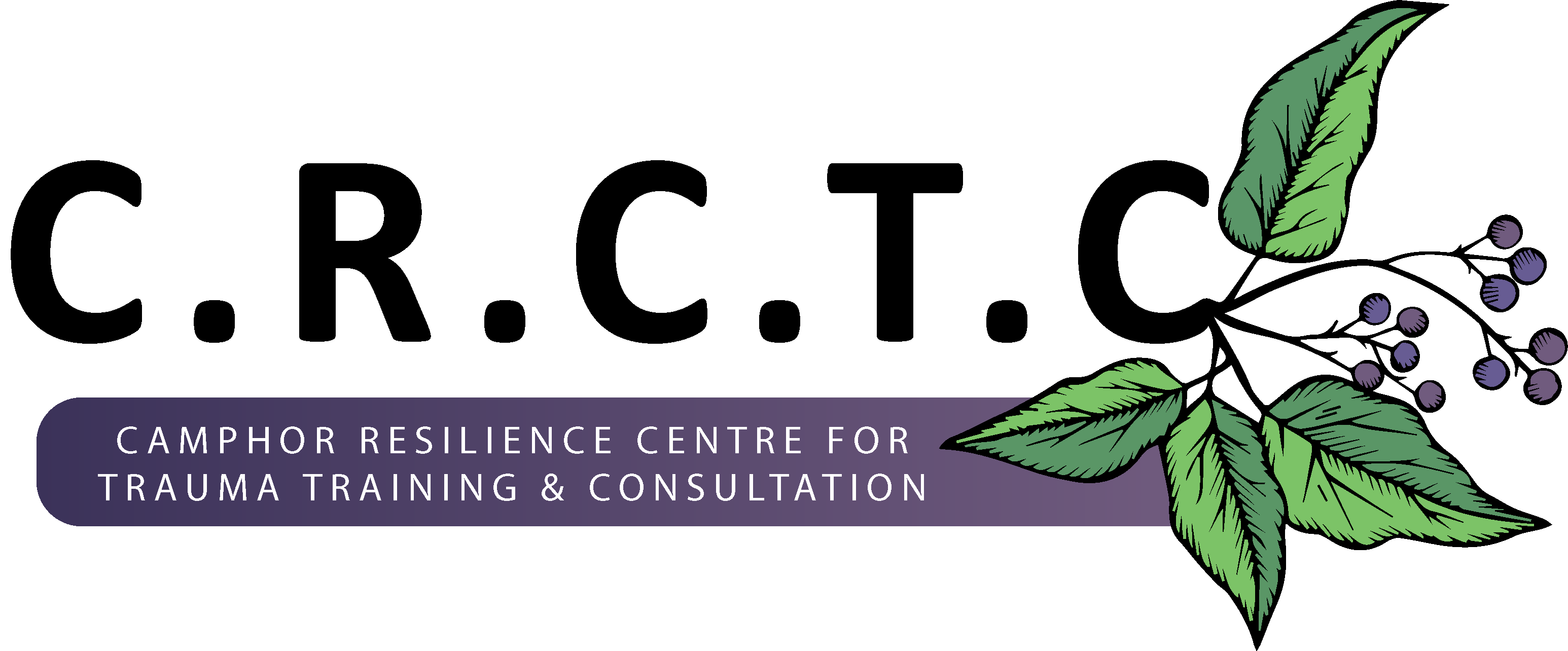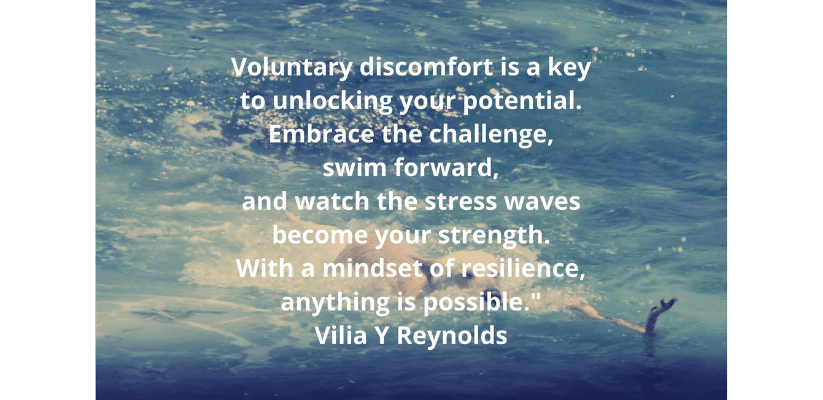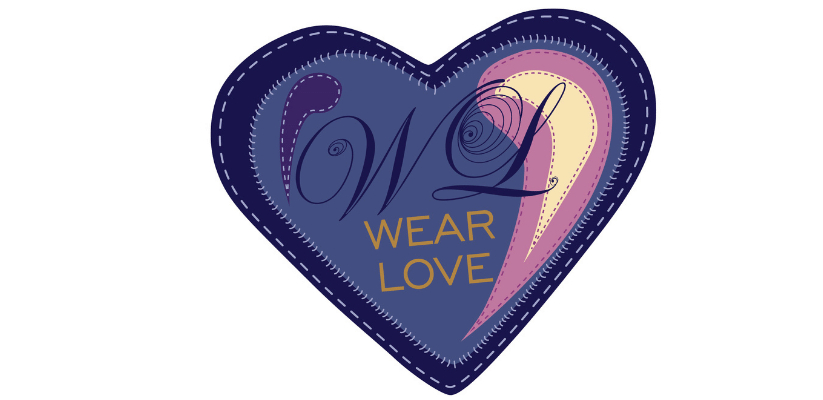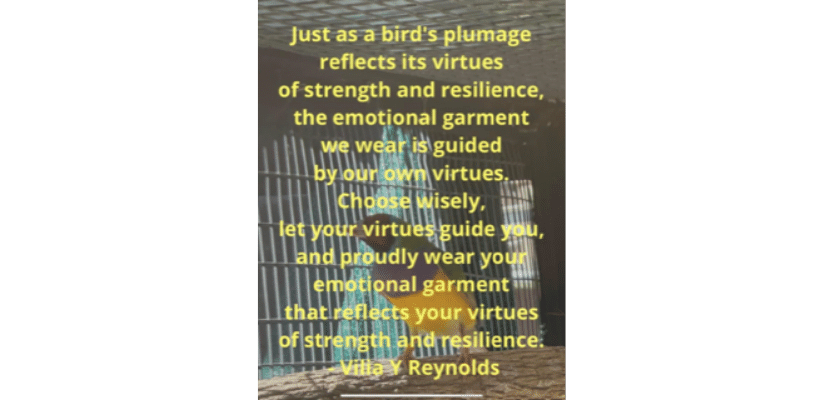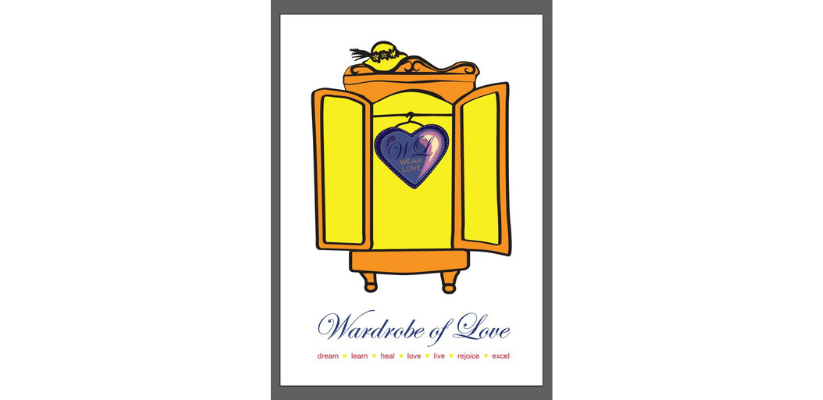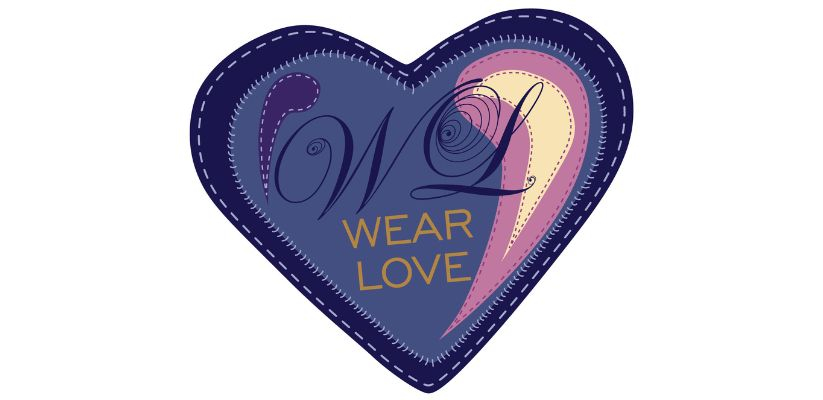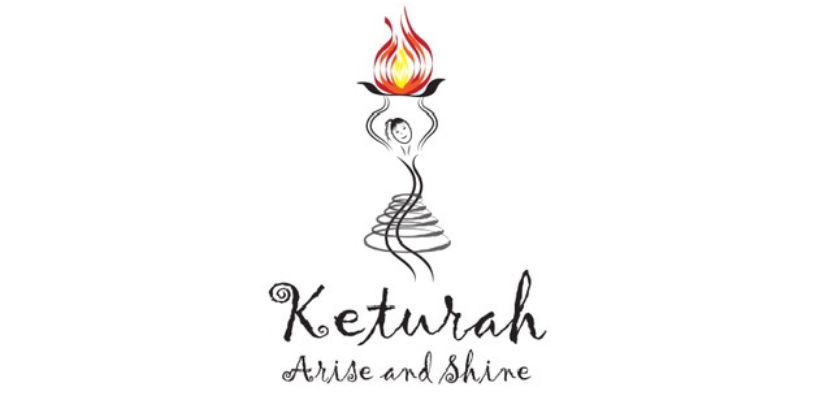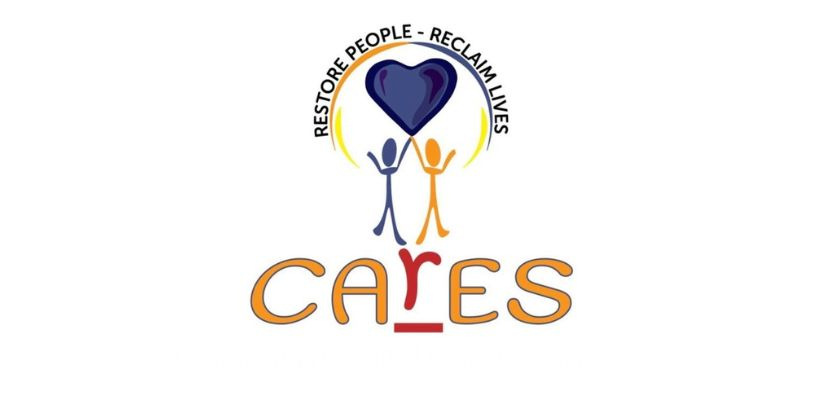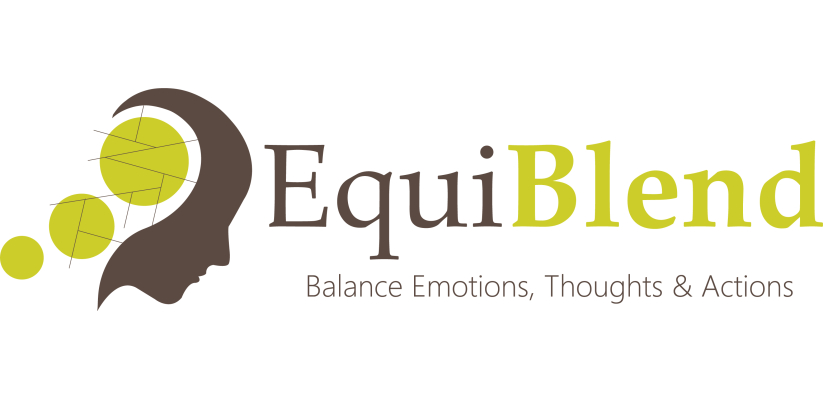Building Resilience Against Life Stress: Voluntary Discomfort - Vilia Reynolds
In today's fast-paced and unpredictable world, stress has become an inevitable part of our lives. While some people tend to avoid it altogether, others choose to confront it head-on. The latter group is known for their ability to face challenges with grace and resilience, even in the toughest of times.
"Voluntary discomfort" is a technique many use to build resilience against stress. It involves voluntarily exposing oneself to uncomfortable or challenging situations, not to punish themselves, but to prepare for future misfortunes. By subjecting oneself to controlled doses of stress, one becomes mentally more assertive and more capable of facing life's unpredictable challenges.
The earliest advocates of voluntary discomfort are ancient philosophical schools of thought. They believed that by voluntarily submitting oneself to one or multiple forms of discomfort, one could quiet one's appetites for material possessions and sensual pleasures, increase one's appreciation for what one already had, and "vaccinate" oneself against future misfortunes.
Voluntary discomfort can take many forms, such as sleeping on the floor, taking cold showers, fasting intermittently, not using the AC or heater, eating basic meals, avoiding social media, streaming platforms, gaming, porn, etc. It is not about eliminating comfort but expanding our comfort zones and becoming more comfortable even in uncomfortable situations.
The benefits of voluntary discomfort include increased resilience against stress, a significant confidence booster, less fear in pursuing life or creative goals, increased discipline, mental clarity, new perspectives, self-awareness, gratitude, higher perceived energy levels, and many more.
By embracing voluntary discomfort, individuals become better equipped to handle life's uncertainties. You can start small and gradually work up to more challenging situations. But always remember to never back out of an activity once you've committed to it, as failure to follow through will undermine your confidence.
Voluntary discomfort can help someone become more self-aware and grateful in life in a few ways:
1. By voluntarily exposing oneself to discomfort, one can become more aware of their limitations and develop a deeper understanding of their body, mind, and emotions.
2. The practice of voluntary discomfort helps one appreciate the simple things in life and not take them for granted. When one deliberately refrains from luxuries, one can feel grateful for what they have and can do without.
3. Voluntary discomfort also helps one become more mindful of one's thoughts and feelings. By intentionally putting oneself in uncomfortable situations, one can observe one's reactions to different stimuli, gain greater control over one's emotions, and develop self-awareness.
4. By practising voluntary discomfort, one can develop a sense of grit and resilience that can be
